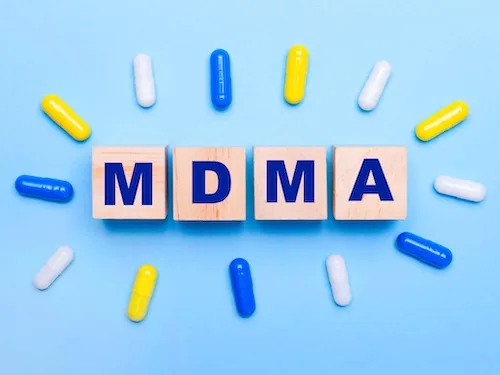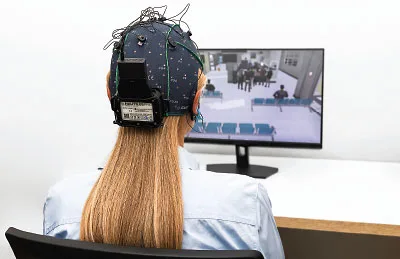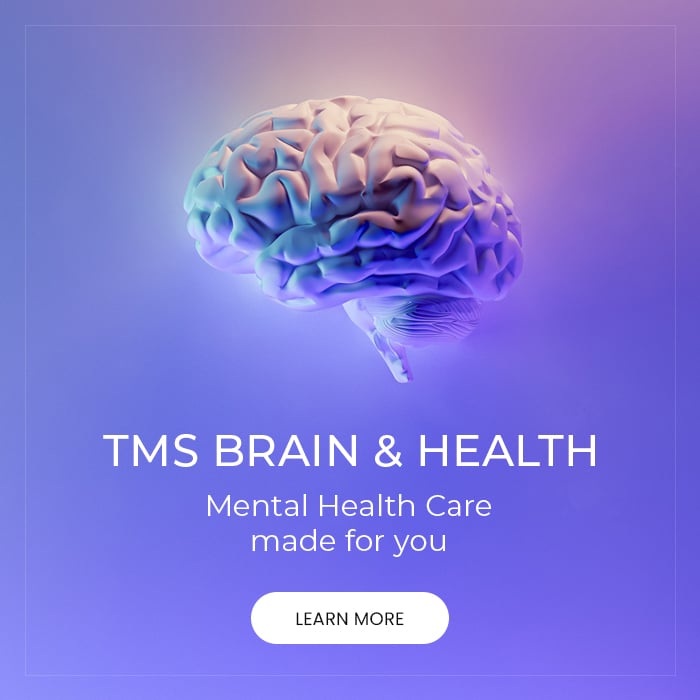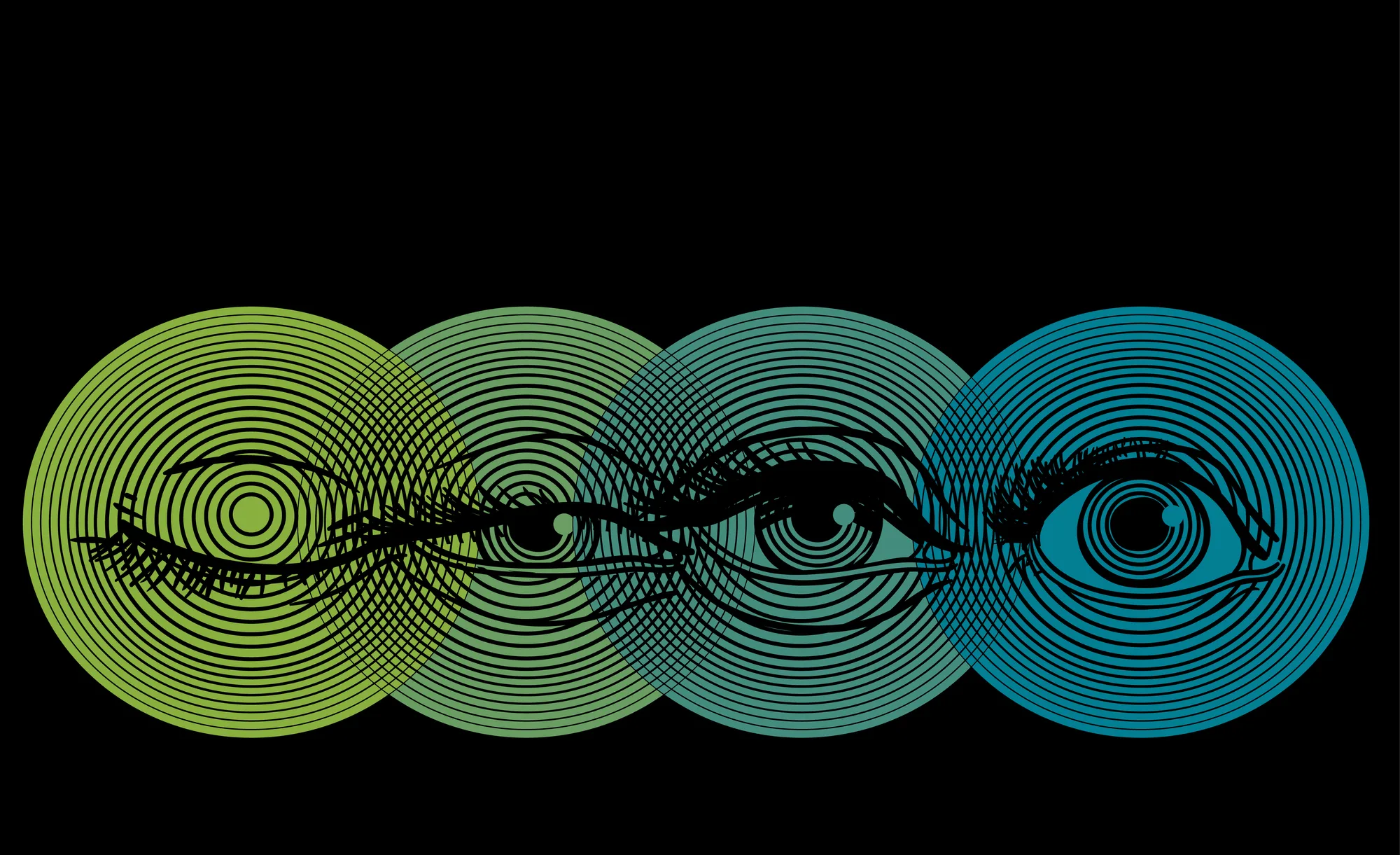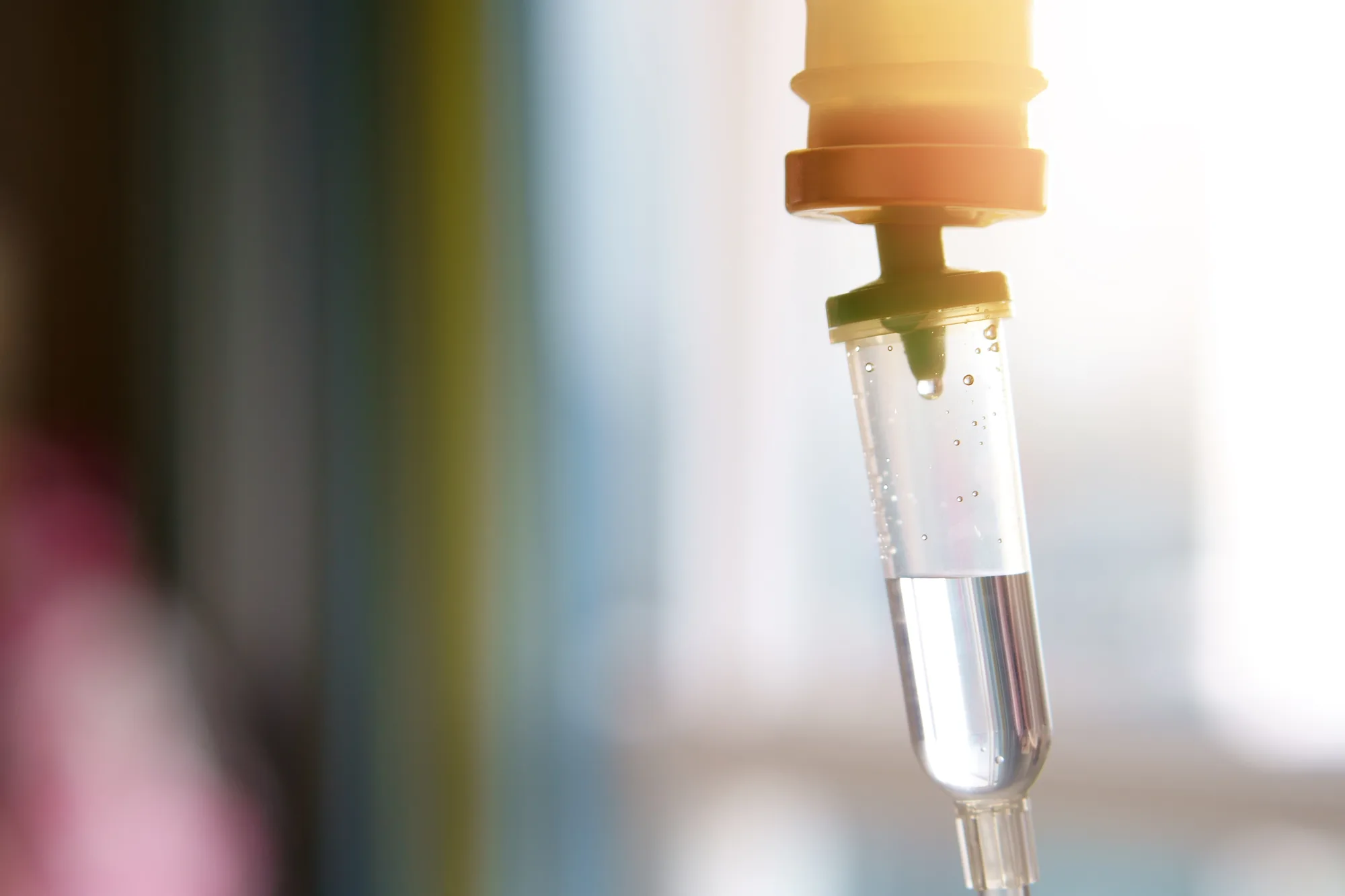As ketamine therapy is becoming increasingly popular as a treatment for depression and other conditions like PTSD and anxiety, most of the discussion focuses on its relatively minimal side effects and safety risks. Ketamine is an extremely safe medication, which is part of what makes it a unique anesthetic. Unlike other anesthetics, ketamine doesn’t suppress breathing or depress the circulatory system. Some clinicians consider it a safer anesthetic to traditional alternatives for these reasons.
At subanesthetic doses, the negative health effects of ketamine are minimal and largely occur with repeated high doses. Among individuals who have ketamine treatment, the most commonly reported side effects include mild hallucinations or floating sensations and dizziness, all of which subside quickly. Some individuals may feel drowsy after treatment.
So, we know ketamine has relatively few side effects and health risks, but what about interactions with other medications? Many people who are considering ketamine infusions or ketamine assisted therapy are already taking an antidepressant or another medication for their condition. Do they have to stop taking other medications before beginning treatment? Is it dangerous to have other substances during ketamine treatment?
Ketamine Interactions in the Brain
If you’re worried about ketamine interacting with your current antidepressant or medication, you’ll be pleased to know that ketamine interactions are not super common. In 2021, researchers conducted a review of current literature on the interactions between ketamine and psychiatric medications that can be used to treat depression.
There aren’t any dangerous interactions with ketamine and commonly prescribed antidepressants. In most cases, you shouldn’t stop taking your current medication when you start ketamine treatment, but you should always discuss it with your doctor before choosing to stop or continue your medication. Some drugs can impact the effectiveness of ketamine, so you should be wary of combining these as it can alter the effects you feel from treatment or your optimal dosage.
Benzodiazepines, commonly prescribed for anxiety, muscle spasms, or sleep, affect the same neural pathways that ketamine acts on. Medications like Klonopin, Xanax, and Ativan can actually reduce the effects of ketamine. Patients may experience a delay in symptom relief or a reduced relief period, requiring them to receive a booster earlier than usual.
Lamotrigine, commonly prescribed for bipolar disorder and seizures, also negatively interacts with ketamine. This medication decreases the release of glutamate in the brain, whereas ketamine works to boost glutamate. As such, lamotrigine can counteract ketamine’s antidepressant effects.
Lithium is another mood stabilizer that is commonly prescribed for bipolar disorder. This drug, however, actually enhances ketamine’s effects, as it acts on the same neural pathway. Lithium can help protect against some of ketamine’s side effects while boosting its antidepressant effects. This doesn’t mean that patients should start taking lithium to increase the effects of their treatment; always talk to your doctor about medication options and never self-medicate.
Ketamine Interactions in the Liver
Rather than interacting within the brain, some drugs can interact via metabolism in the liver. If the metabolic processes of two drugs interact with each other, the combination can cause one drug to metabolize faster (and wear off quicker) or slower (and last longer).
Ketamine is broken down by enzymes in the CYP450 group within the liver. The primary enzyme responsible for breaking down ketamine is CYP2B6; drugs that affect this enzyme can influence ketamine levels in the body.
For example, orphenadrine (Norflex) is a muscle relaxant that inhibits the CYP2B6 enzyme. Subsequently, this slows the breakdown of ketamine in the liver, leading to increased levels of ketamine in the body or a longer lasting effect.
Alternatively, dexamethasone is a common steroid that does just the opposite. This drug induces CYP2B6, speeding up the breakdown of ketamine and decreasing the level available in your body.
The CYP3A4 enzyme is also responsible for breaking down ketamine, as well as roughly 50% of drugs on the market. Substances that interact with this enzyme, such as grapefruit juice, St John’s Wort, ketoconazole, and cimetidine, can increase or decrease ketamine levels in the body. These interactions, however, are only significant when ketamine is taken orally and undergoes a high rate of liver metabolism. Most commonly, ketamine is administered intravenously, via nasal spray, or with intramuscular injection.
If you’re considering ketamine treatment, disclose your current medications with the clinician and ask your doctor before stopping a medication, changing your dose, or taking a new medication. At Bespoke Treatment, we work with your current treatment schedule to create a mental health plan that works for you.


